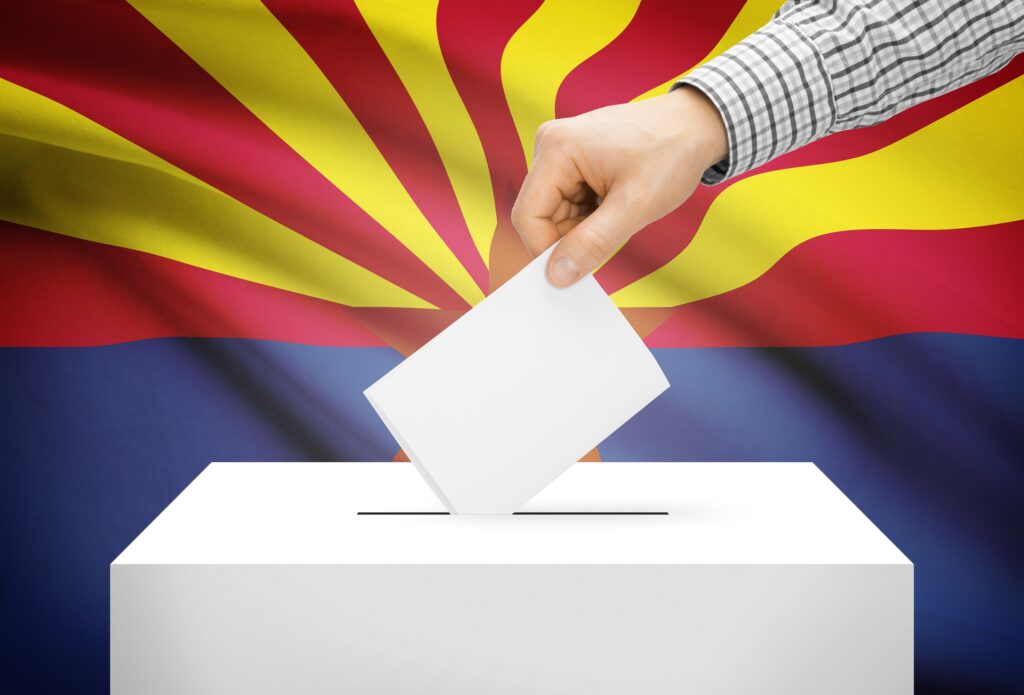Step change: Improvements to U.S. nuclear power regulation
The current U.S. regulatory regime for nuclear power is currently misdirected, with too much attention and resources being targeted toward the current operating fleet at the expense of new generations of reactor technology that is safer. Additionally, export control rules concerning unclassified nuclear technology are so poorly administered that they are undermining U.S. participation in the global marketplace.
Congress should act quickly to help improve the situation by passing legislation that does the following: Create a new regulatory infrastructure for future reactors, develop and fund Advanced Nuclear Reactor (ANR) technologies and Accident Tolerant Fuels (ATF), broaden the use by federal agencies of purchase power agreements, and relax some export control regulations.
Doing this would both help U.S. firms meet currently unmet and growing demand in foreign markets and forge a more powerful link between those purchasing economies and the U.S. non-proliferation regime that could last decades or longer.
Top Points:
- Regulatory dysfunction is undermining the U.S. nuclear industry.
- This dysfunction threatens not just U.S. nuclear industry jobs, but the U.S. role in countering nuclear weapons proliferation and combating climate change.
- Congress should order the Nuclear Regulatory Commission (NRC) to create a new regulatory regime for future reactors that is better able to assess risks.
- NRC should adjust regulations for new nuclear fuels.
- The Department of Energy should relax certain export control regulations that have become unnecessarily cumbersome.
- Congress should ease restriction on purchase power agreements between federal agencies and electric utilities.
Image credit: gui jun peng









